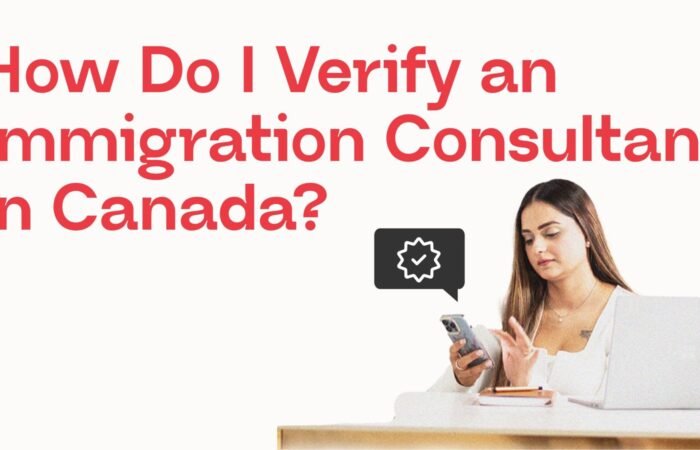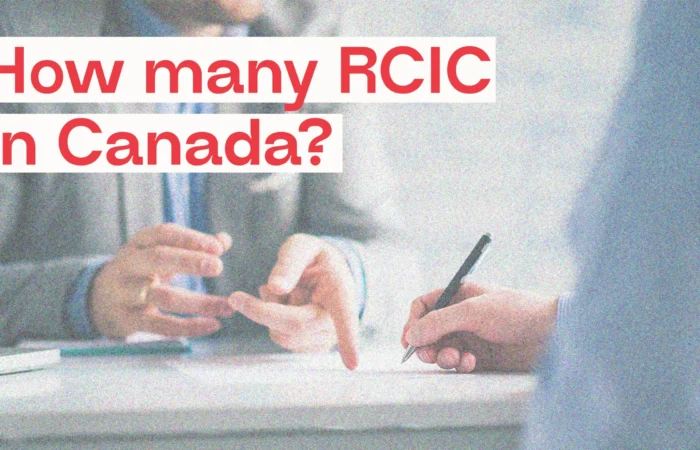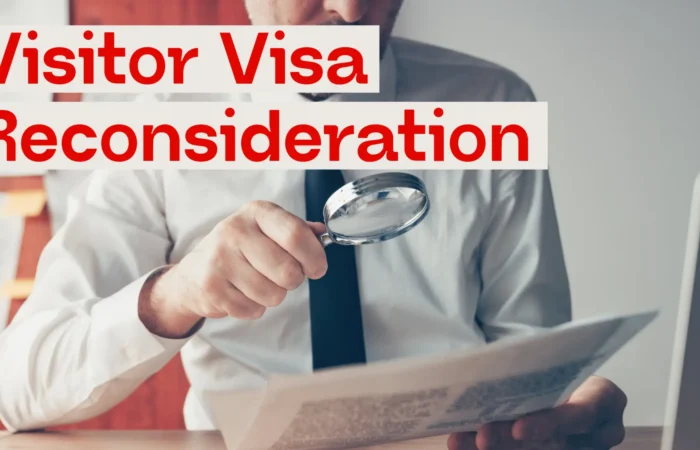Refugee Claims
Refugee Claims/Appeal
Canada is committed to the principle of not returning a refugee to the country of origin under the principle of non-refoulement being a signee of UN refugee treaties and agreements. Hence, once you claim refugee in Canada, you are allowed to remain until a decision is reached.
People who arrive in Canada can apply for refugee status at land border, airport, or immigration office inside Canada. For those who file for a claim at the airport or border, they will be interviewed on the spot and given 30 days to submit the details of their claim. However, the inland applicants are at liberty to initiate but must explain later to the Refugee Protection Division (RPD) member if there were any significant delays.
In Canada, anyone who fears persecution or is at risk of serious harm in their home country can apply for refugee status. There are two kinds of refugees that are offered protection
- Convention Refugee: A person who has a well-founded fear of persecution based on race, religion, nationality, political opinion, or membership in a particular social group. This definition aligns with the 1951 United Nations Convention Relating to the Status of Refugees and 1967 Protocol Relating to the Status of Refugees.
- Person in Need of Protection: A person in Canada who would face a risk of torture, a risk to their life, or a risk of cruel and unusual treatment or punishment if they were to return to their home country. This category extends beyond the Convention Refugee definition and covers broader grounds of potential harm under 1984 Convention Against Torture and other Cruel, Inhuman or Degrading treatment or Punishment and, 1966 International Covenant on Civil and Political Rights.
The claimants will be given interim work authorization to support themselves while waiting to be heard at the Refugee Protection Division. At the hearing, the burden of proof lies with the claimant, i.e. any documentary evidence that they managed to gather which could corroborate with their story. The RPD understands that claimants who flee persecution might have little to no documentation with them and thus, allows the claimant the benefit of the doubt.
Once a positive decision is reached by the RPD member, the claimant will either be given status of a Convention Refugee or a Protected Person.
For negative decisions, the claimant has the right to appeal to the Refugee Appeal Division (RAD) within 15 days of receiving the decision from RPD in writing.
Note: An immigration appeal can be complex. While you can represent yourself, you may wish to hire an authorized counsel who should be a member of CICC with IRB license or a lawyer.


Don't wait!
Book your Appointment today with Team NNC Immigration and make your PR journey easier
Our Clients Testimonials
NNC Immigration Reviews- Trusted Brampton Immigration Consultant
Best Immigration consultant in BramptonTrustindex verifies that the original source of the review is Google. Had an amazing experience with NNC Immigration team, special thanks to Summa and Amrita. I appreciate how they guided me through the application process with ease, addressing all my concerns and making sure everything was in order. I truly felt I was in good hands. I will definitely be returning to NNC Immigration for any future services. Highly recommended!Trustindex verifies that the original source of the review is Google. I had a great experience with NNC IMMIGRATION. Special thanks to Summa ma’am . She really helped me a lot during whole process. The whole team of NNC (Amrita, Kiran and Summa) were very professional, knowledgeable, and highly responsive throughout the process. They provided clear guidance, personalized support, and ensured all documents were well-prepared, making my Permanent residence journey smooth and stress-free. I highly recommend their services.Trustindex verifies that the original source of the review is Google. Nice experience with NNC immigration. Got approval for suposal work permit in 3 months.Trustindex verifies that the original source of the review is Google. I (Sukhdev Singh)had an outstanding experience with NNC Immigration! From start to finish, their team provided exceptional service. They were incredibly knowledgeable, professional, and always kept me informed throughout the entire process. Their attention to detail and commitment to my success made the entire immigration journey stress-free and seamless. The team is approachable, responsive, and truly cares about their clients. I highly recommend NNC Immigration to anyone seeking reliable and expert immigration assistance. They are the best in the business! Thanks to Amrita Dhillon and Summa Dhillon.Trustindex verifies that the original source of the review is Google. It was wonderful experience with NNC immigrations. Where everyone told me that spouse visa file took one year this and that but when I was consult to Amrita Dhillon and she ensure me it will take less time and that’s true. Today I got my husband’s spouse visa approval within 4 and half month. I appreciate all team’s work 😊👏. The all staff of NNC immigration’s are so nice and polite. ThanksTrustindex verifies that the original source of the review is Google. My experience with NNC Immigration was second to none. At every stage of my Express Entry, LMIA application, and Closed Work Permit, Amrita and her team demonstrated unwavering professionalism, extensive knowledge, and a sincere desire to address any questions I had. I had complete confidence in them from start to finish. They provided step-by-step guidance, ensuring every document was accurate and submitted on schedule. Thanks to their meticulous approach, the entire process felt effortless, and I was completely at ease leaving my immigration journey in their hands. I wholeheartedly recommend NNC Immigration to anyone seeking a trustworthy partner in their immigration journey. They truly put in the extra effort to ensure you get the best possible outcome.Trustindex verifies that the original source of the review is Google. I came to Canada as a visitor and secured holiday work permit with the help of NNC Immigration. I got the approval in less than a month! The process was smooth and easy. Big thanks to Amrita & Summa for their support. Highly recommendTrustindex verifies that the original source of the review is Google. I am extremely thankful to NNC Immigration services for the qualitative and exceptional support and guidance during my PR pathway and achieving the ultimate goal. Everything went smooth and steady. Well appreciated.❤️❤️Trustindex verifies that the original source of the review is Google. NNC Immigration knows their stuff—super professional and helpful! But let’s be real, the highlight for me was the chocolates. 10/10 for immigration, 11/10 for the snacks!Trustindex verifies that the original source of the review is Google. I had an excellent experience working with NNC while applying for my study permit extension for Canada. From the start, they professional, knowledgeable, and incredibly supportive throughout the entire process. Kiran helped me and She took the time to explain each step clearly, addressing any concerns I had and ensuring all the necessary documentation was in order. Her attention to detail and timely responses made the entire process smooth and stress-free. Thanks to her expertise, I received my studypermit extension without any issues. I highly recommend NNC Go to anyone looking for reliable immigration services—they truly makes the process seamless!Verified by TrustindexTrustindex verified badge is the Universal Symbol of Trust. Only the greatest companies can get the verified badge who has a review score above 4.5, based on customer reviews over the past 12 months. Read more
Latest Immigration News & Articles
Keep on track with ever changing Immigration information



